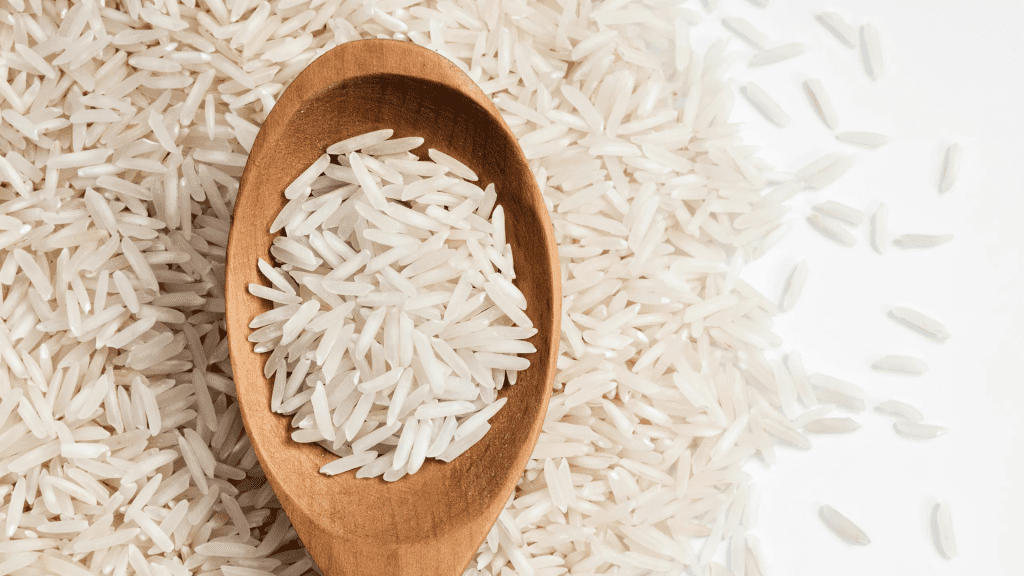According to rating agency Crisil, the recent decision by the Centre to prohibit the export of non-basmati white rice is anticipated to lead to a reduction of India’s rice exports by 4-5 billion tonnes in this fiscal year. This amount represents over one-fifth of the rice exported during the previous fiscal year.
Read More: India prohibits non-basmati white rice exports amidst supply concerns
Pushan Sharma, Director-Research, Crisil Market Intelligence and Analytics said “Despite two curtailing moves last fiscal — a ban on broken rice exports, and 20% duty on non-basmati exports – India’s overall rice exports rose 5-6% even as overall production fell. To boot, as of July 1, 2023, rice stock with the Food Corporation of India is down a fifth on-year.The consequent tight supplies meant domestic prices rose 14-15% last fiscal.”
He added “The government clearly viewed these as red lines from a domestic food security and inflation point of view. We expect Thursday’s blanket ban to reduce India’s rice exports by 4-5 billion tonne this fiscal, or more than a fifth of what was exported last fiscal. That should improve domestic supplies and have a moderating effect on retail prices.”
Over the past few years, India has held the position of the largest rice exporter, contributing to one-third of the world’s total rice exports.
India’s actions could potentially raise concerns about additional inflation in the global food markets. As India accounts for over 40% of the world’s rice exports, any reduction in shipments due to low inventories with other exporters may further inflate food prices. This situation is already influenced by Russia’s invasion of Ukraine last year and unpredictable weather conditions, contributing to the existing instability in food prices.
